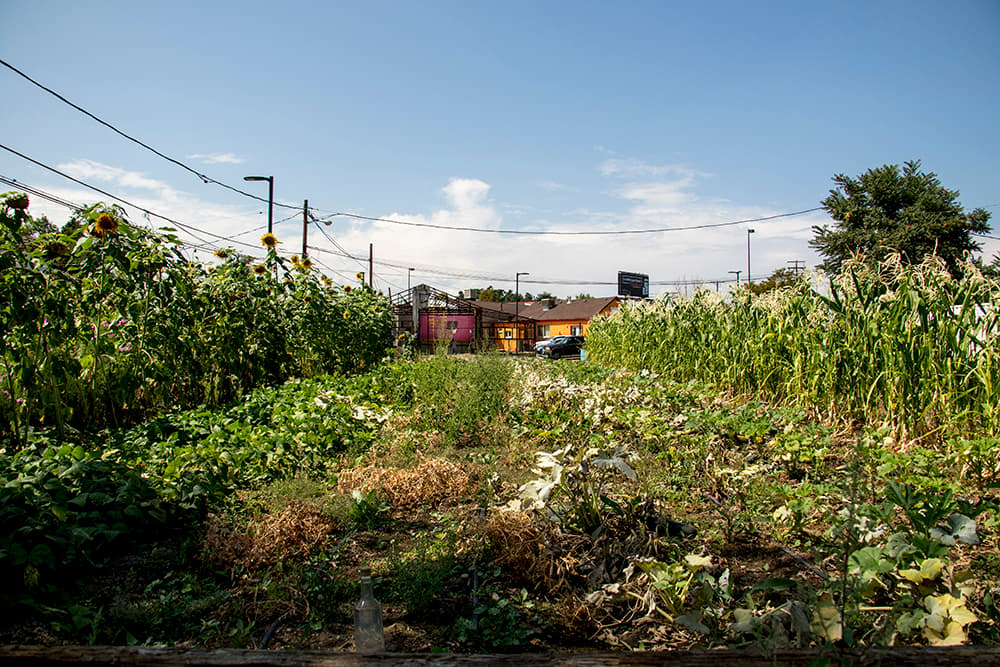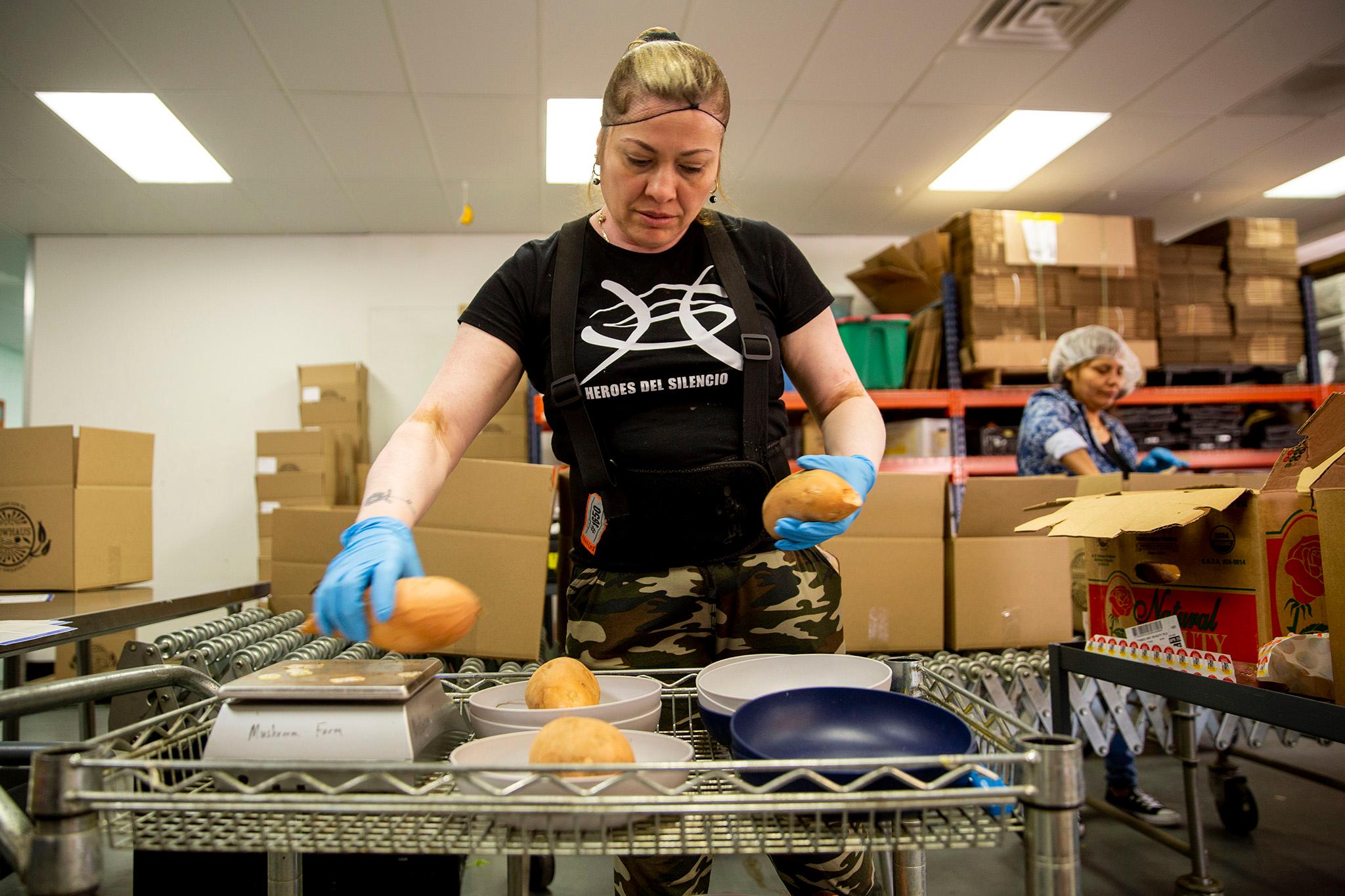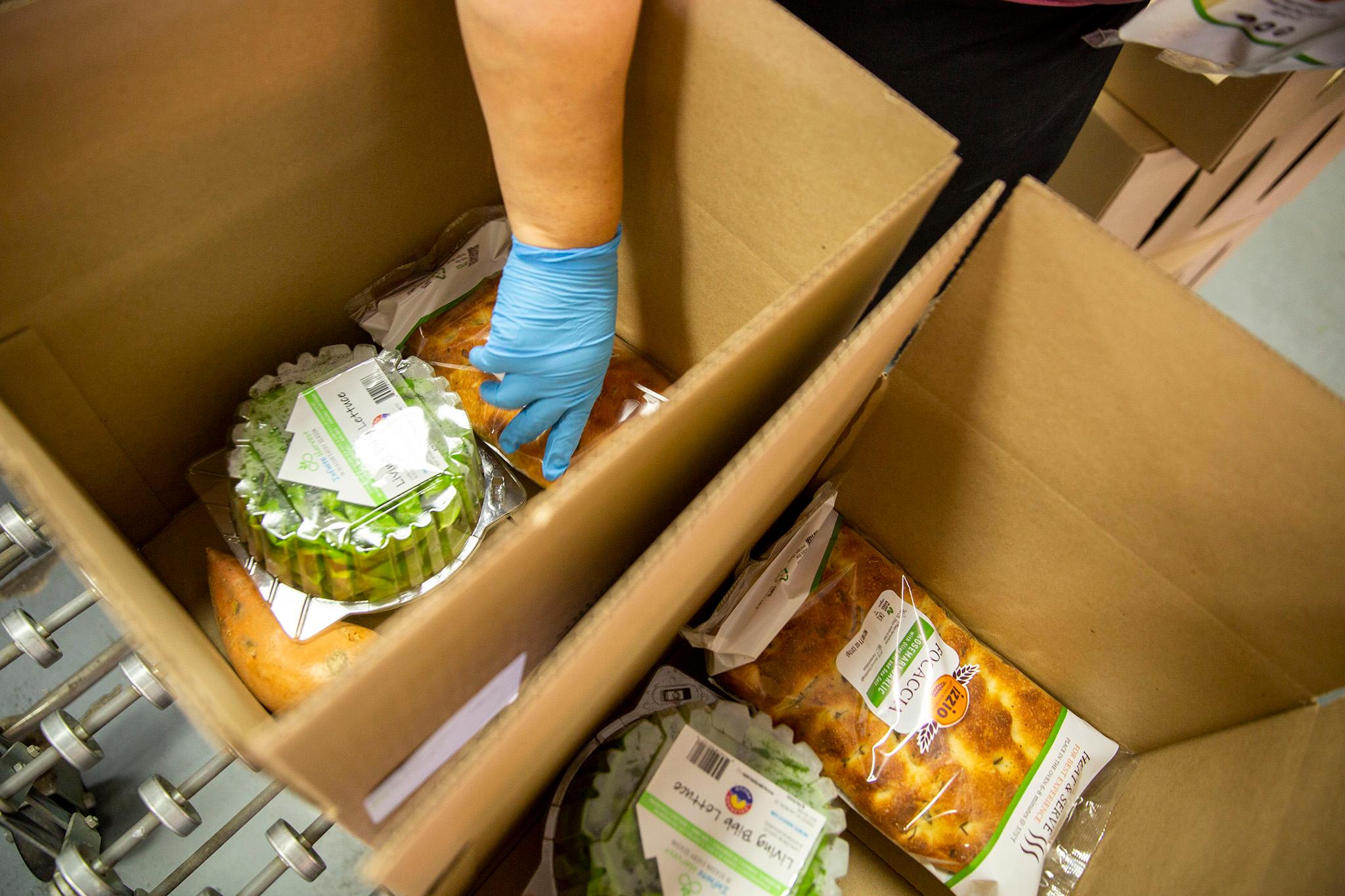Eight organizations will receive a combined $10.7 million in funding from Denver to continue providing food and food education to youth in their respective communities.
On Monday, City Council approved eight grant proposals between the City and the organizations through the Healthy Food for Denver's Kids Initiative.
The Healthy Food program was created through a 2018 voter-approved sales tax increase of .08%, or about a penny for every $10 spent. The program started collecting the tax in 2019 and began awarding grants to nonprofits, schools and city agencies in 2020.
So far, the program has given out about $38 million to more than 50 organizations.
"The goal is to ensure that all Denver kids have reliable access to healthy, nutritious and culturally relevant food that helps them learn, grow and thrive for life," said Lauren Howe, the program's administrator. "That is accomplished through grants that we provide to nonprofits, public schools and city agencies who are collectively reaching thousands of Denver young people and their families."
The organizations are chosen through a request for proposal process and each organization has to provide healthy meals or snacks to Denverites 18 and under and/or provide educational classes or programs surrounding food such as cooking classes, nutrition education or building gardening skills. Some organizations also provide families with the tools to apply for food access programs, such as SNAP.

"We think of the work in a few different buckets and we have some organizations that are doing all of the things and some really specialize in one aspect of the work," Howe said.
For this year's batch of recipients, each grant proposal is a two-year, five-month agreement with the option to renew for an additional two years. In previous agreements, each grant had a one-year contract with the option to renew for a total of three years.
Within these eight organizations, six are returning organizations including Denver Public Schools who received $2,771,750, Denver Inner City Parish who received $2,701,096 and the Boys and Girls Clubs of Metro Denver who received $1,337,640. The new organizations, Servicios de La Raza and the Center for African American Health, will receive $725,000 and $823,850, respectively.
And this round of funding is only the beginning.
The program has identified 22 organizations to provide funding to. The remaining 14 will go before council throughout the upcoming weeks. Some of those organizations include renewal contracts with Denver Food Rescue and the Denver Housing Authority. New organizations include Re:Vision, GrowHaus, Denver Urban Gardens, Jewish Family Service of Colorado and Sprout City Farms.

"We're partnering with some new organizations like the Center for African American Health, Servicios de La Raza, the Coalition for the Homeless that I think are reaching very particular population groups in unique niche ways because their very well connected to the African American or Black community, the Latino community or the unhoused population. That feels very exciting to me," Howe said.
Overall, the initiative will hand out more than $35.6 million this year, the highest pay-out since the program started.
"The need is quite high, especially considering the end of the federal assistance programming that was being done during COVID," said Jess Murison, the Fiscal and Contract Administrator. Murison said the funding is coming at an opportune time.
Plus, the program is getting more money than was anticipated. Projections were around $11 or $12 million, but this year, the program has received $16 million.
If organizations are interested in applying, Murison said the application process typically starts in January.













